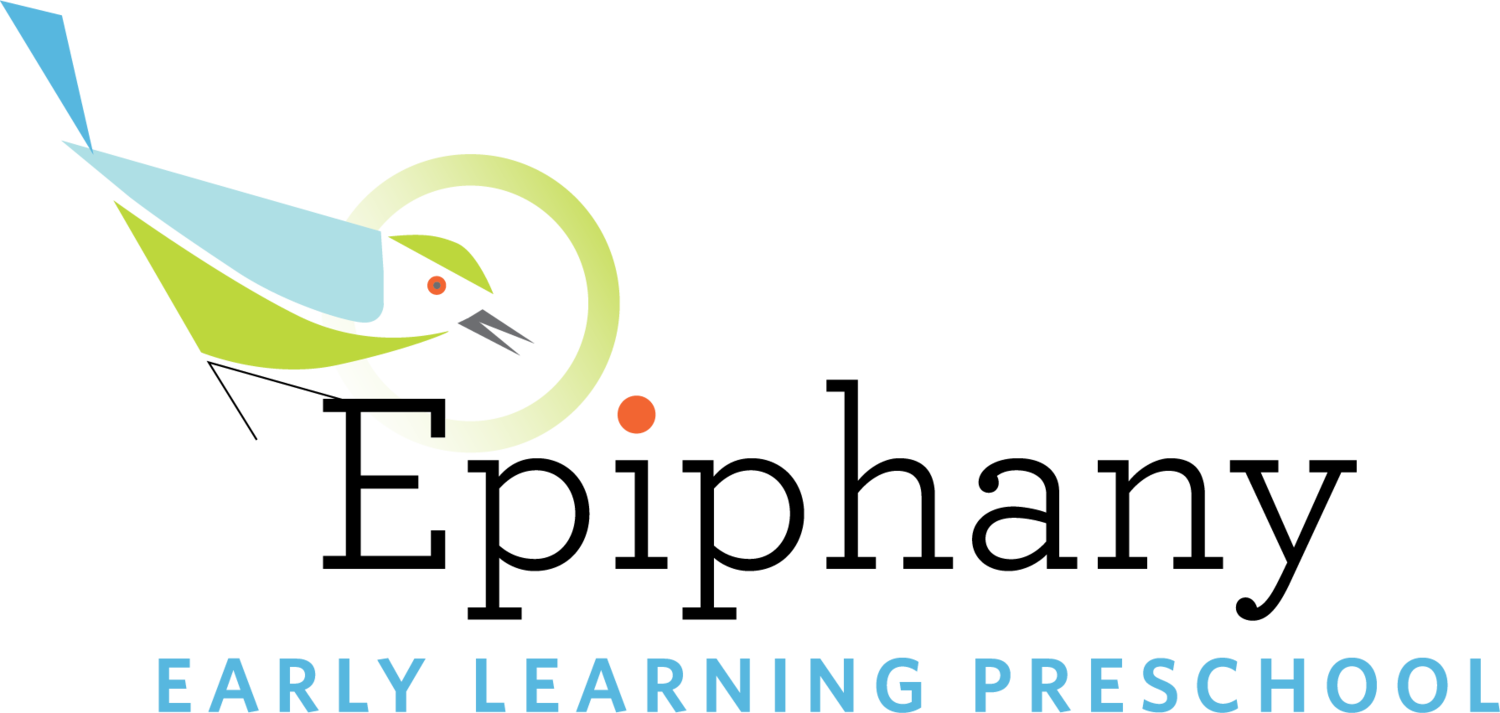Anti-Bias Practices
Because of our shared values of anti-racism and social justice, we look for opportunities in children's play to challenge their thinking about ethnic, cultural, disability, family, class and gender bias.
While Epiphany Early Learning is committed to emergent curriculum, we’re also dedicated to our shared values of anti-racism and social justice. Because of this, we look for opportunities in the children’s play to challenge their thinking about ethnic, cultural, disability, family, class and gender bias. When necessary, we even create situations of “disequilibrium” to provoke questions and create room for new ideas.
Our goal is to grow these discussions naturally from topics children are already engaged in, but because of our belief in the importance of this work, we won’t always wait for the subject to emerge from the children. At these times, we very carefully and intentionally introduce new activities or topics of discussions to share with the children in our care.
Some examples of this are bringing in books about social activism to share at meeting time, mixing paint to match our own skin tones in the art studio, setting out construction vehicles with female construction workers, or using our “persona dolls” to tell stories from a different cultural perspective.
We consistently share our intentions and activities with families through parent meetings, classroom blogs, emails, and printed documentation posted in the classrooms, and make ourselves available for questions and new ideas.
Celebrate diversity, traditions, and holidays
A book by our director, Julie Bisson!
Since demographics have changed in early childhood programs, questions of how, when, and which holidays to celebrate have also become more complex and controversial. This guide provides educators with a toolbox for:
Developing inclusive policies
Evaluating holiday activities for appropriateness
Addressing commercialism and stereotypes
Involving families
Includes reproducible holiday policies, sample questionnaires for families, and a sample Holiday Practices Improvement Plan to adapt to assess the strengths and weaknesses of your own holiday activities. This hands-on guide helps you celebrate holidays in your early learning program in culturally responsive, respectful, and inclusive ways.
Age focus: 0–8.



